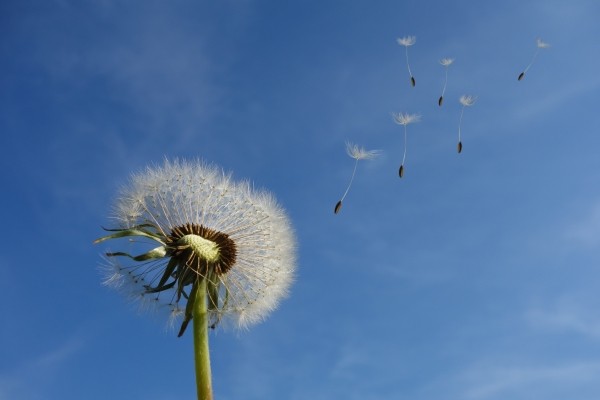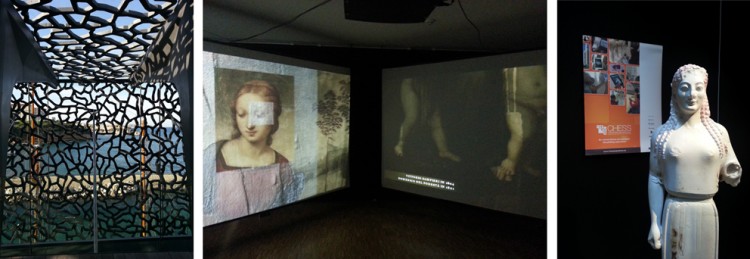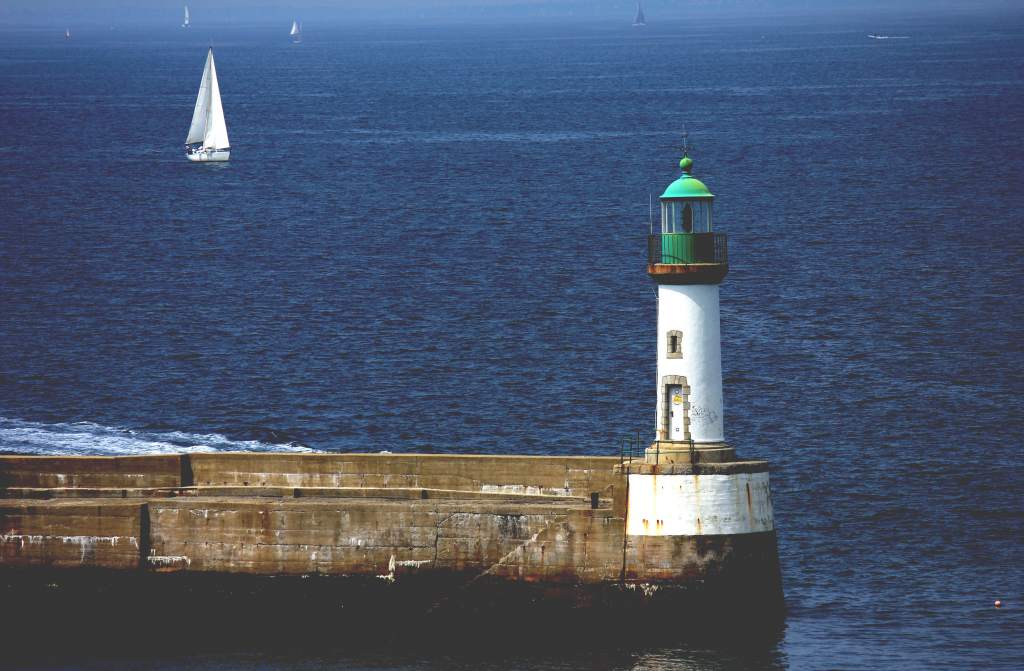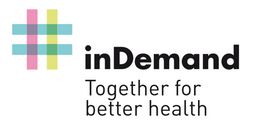European Projects Intern Wanted for Assembly of European Regions Secretariat Brussels (Closed)
Ready to train with the EU projects team for the largest independent network of regions in Europe? We are looking for an intern to join the Project Unit at our ... Read More











